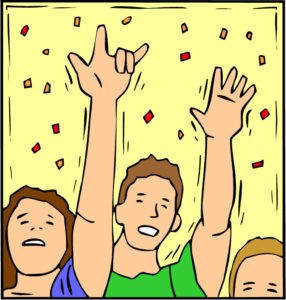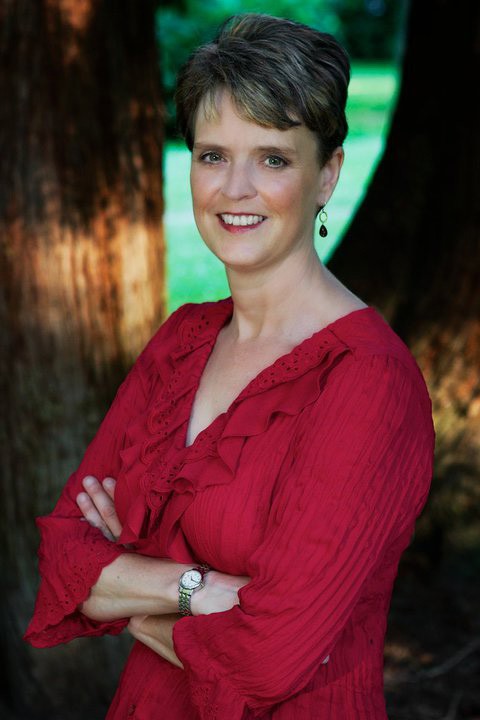 by Pam Withers, www.pamwithers.com, Vancouver
by Pam Withers, www.pamwithers.com, Vancouver
Sometimes publishers pay for the following kind of publicity and sometimes they don’t. Regardless of how well a publisher supports an author, however, they appreciate authors who take some initiative themselves. These tips are compiled from children’s & YA book publicity folks and my own experience, and they are for fellow children’s and YA authors. Please feel free to comment and add more resources. I’ve placed an asterisk* by those approaches deemed most effective. There is no way this is exhaustive, and I’m no expert. Also, because I’ve published 21 YA books, it is biased towards YA over MG or children’s books. Nevertheless, I hope it’s a starting point and useful.
Ads: Let your publisher do these, if they will. Typically too expensive and not enough payback for authors to initiate, but in general, online banner ads are better than print ads, since you need a repetition of around five to prompt sales on the latter (way too expensive).
Awards: Not cheap, and most of the larger awards organizations (the only ones worthwhile pursuing) require the publisher to submit, and don’t accept self-published books. But it never hurts to browse what’s out there via the net, and gently suggest some to your publisher, such as Silver Nautilus in Seattle (for content involving the environment or social justice).
*Book reviews: Don’t bother with paying for Amazon boosts. Books with Goodreads reviews are often picked up by book bloggers. Kirkus reviews cost $350US for picture books, $425US for novels, but Kirkus is the most effective place for a review IF you have that kind of money. Also costs money but is good: Clarion (publishers.forewordreviews.com). Amazon allows reviews only by people who have purchased the book from Amazon, and have spent a specified amount of money on Amazon books in recent months. ($50 the last time I checked.)
You can get book reviews one of three ways: Submit to a professional reviewer/blogger and get lucky they decide to take it on. Trade reviews with a fellow author. (You can make such an offer to groups such as below, but both of you will feel a bit constrained in producing an objective review.) Pay for a review, and specify you want an objective one so it feels professional. There are pros starting at as little as $12/hour at upwork.com, and you’re guaranteed a dozen reviews for $100 at booktasters.net. Booktasters takes the $100 for the administration of finding reviewers, does not actually pay the reviewers. Booktasters worked for me, but took months and reached the dozen only after I bugged them numerous times, so I’m hesitant to recommend them. On the other hand, I landed a podcast after one review, and I was also able to pluck useful testimonials from them. There are many other orgs like them; buyer beware. Note that many sites that publish book reviews will not accept paid-for reviews, if they find out. (Re trading reviews, I’m personally open to YA that is traditionally published and not fantasy or sci-fi.)
Places to get reviews or find authors to trade reviews with:
https://www.yabookscentral.com/
YA Authors and YA Bloggers Unite
Authors and Writers Helping Each Other
Canadian Children’s Book Centre
Diverse Canadian and Turtle Island Writers
Book trailers: Quite effective if they’re good. There are many tutorials online that teach you how to make one. I wrote this one for those intimidated by the very thought: https://pamwithers.com/book-trailer-how-to/
Makes book trailers for clients OR upgrades/completes a basic one you managed to create, for upwards of several hundred dollars: Craig McNicoll at: https://epilogueproductions.com/
Email blast to schools: $139/year for www.IDPA-online.org; $1,000 to $2,100 for Netgalley
*Email signature: Include a link to your book’s Amazon page with every email you send out.
*Getting interviews: Look for podcasts that specialize in children’s books or YA. Placing an ad on a podcast is also worthwhile. Some of the above websites have podcasters. A few more below. Cost ranges from $25 to $200.
CM: Canadian Review of Materials
creativewritingwithdrnagle.com
@ToursTerminal
*Social Media: Strive for engagement, not likes. Use hashtags. Put news, humour and imagery above self-promotion. Self-promote sparingly. Facebook is where parents, teachers and librarians are. Twitter is where fellow writers are. Instagram is where young readers and Bookstagrammars are. They like book trailers. But try to post “broadly helpful” items with a theme that only “happens” to include your book (e.g., a list of books that promote environmental awareness), and consider whether you have time to invest in producing a regular newsletter that does the same broad helpfulness with a subtle touch of self-promotion; give away a book to those who sign up. (Super effective.)

